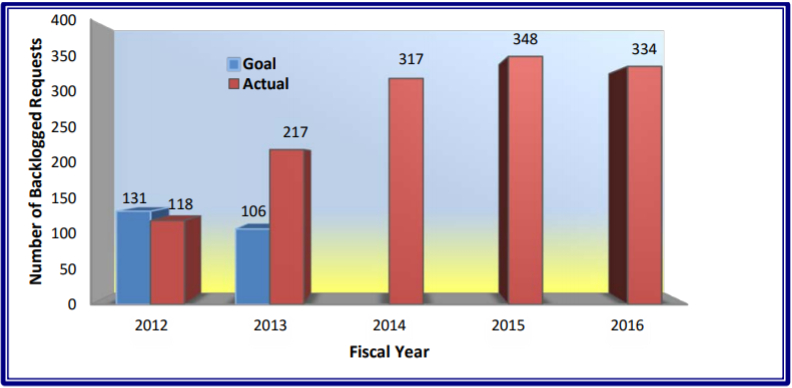Presented below is our weekly roundup for July 30 – August 3, 2018 on significant IRS guidance and relevant tax matters.
July 31, 2018: In Notice 2018-58, the IRS stated that it intends to issue regulations clarifying new rules governing section 529 contributions.
July 31, 2018: The IRS published three new frequently asked questions (Certifications and Period Reviews FAQs 14-16) regarding Foreign Account Tax Compliance Act (FATCA) compliance for qualified intermediaries and qualified derivatives dealers related to account documentation review.
August 1, 2018: The IRS issued proposed regulations addressing the one-time section 965 “transition tax” imposed on US shareholders of certain foreign corporations.
August 1, 2018: Final regulations granted taxpayers a single non-automatic 30-day extension to file Form W-2.
August 2, 2018: A report published by the Treasury Inspector General for Tax Administration (TIGTA) made eight recommendations to the IRS for improving security over taxpayer data.
August 3, 2018: The IRS released proposed regulations under section 168(k), providing guidance regarding the additional first-year depreciation deduction for certain property placed in service between September 28, 2017 and December 31, 2022. The proposed regulations address the interaction of section 168(k) and certain partnership tax rules as well as other topics.
Special thanks to Kevin Hall in our DC office for this week’s roundup.
read more

 Subscribe
Subscribe





